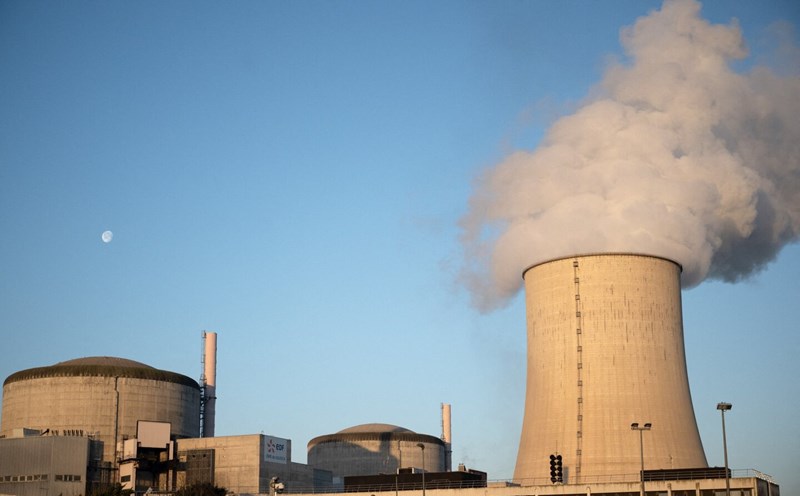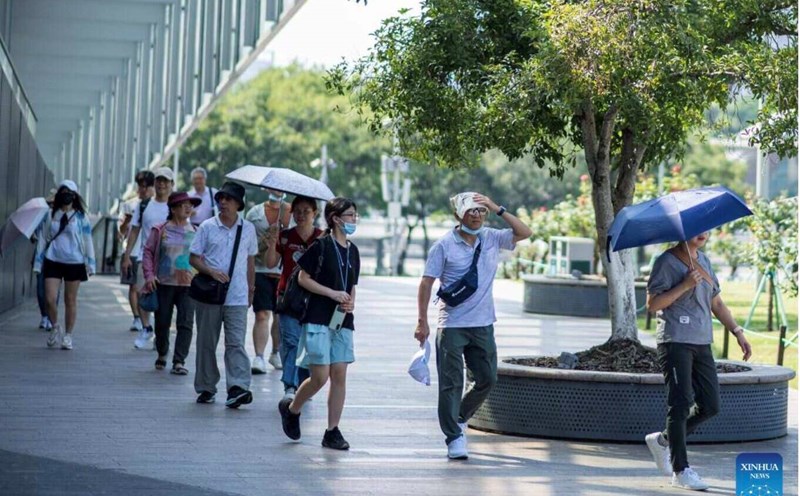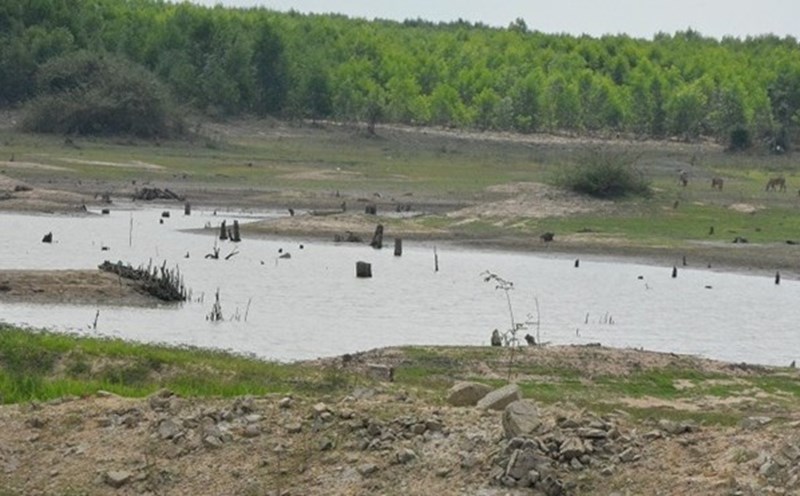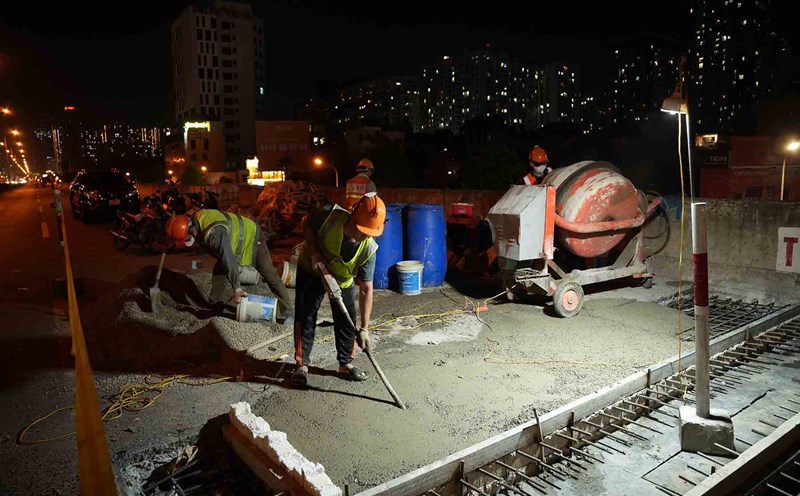He is facing the risk of having to distribute water nationwide due to years of poor management and infrastructure systems that have failed to meet growing demand, according to Environment Minister Steve Reed.
Water distribution is an act of limiting water use, often due to water shortage or drought, to ensure fair distribution and protect public health. It can include temporarily stopping water supply or reducing water pressure. Water distribution is carried out to manage limited water resources and prioritize essential needs.
In an interview, Mr. Reed said the UK is getting closer to the situation that countries in the Mediterranean region often face during droughts. He affirmed that the public did not know that at the time of the most recent general election, England had to consider the ability to distribute clean water within 10 years.
The Minister said that new industries such as battery factories and data centers are increasing the demand for large volumes of water to cool the system. If there is no intervention, England will be forced to cut the water according to the time frame for the day.
The warning comes after a record-breaking heat wave in June, and as many parts of the country prepare to experience temperatures above 30 degrees Celsius this week.
The government has allocated a budget of 104 billion pounds (about 136 billion USD) for infrastructure upgrade projects within the next five years. This investment will be used to build new reservoirs and reduce water loss. However, Mr. Reed warned that restoring the entire water supply system will take more than 5 years, although people are increasingly calling for drastic action.
Some countries have adopted many clean water savings measures as they face similar challenges. Spain limits domestic water use hours during droughts. Australia implements a ban on water use at many levels. Singapore can recycle up to 40% of its water through modern filtering technology. South Korea uses smartwatches to monitor consumption and detect leaks.
The current situation poses an urgent need for a long-term strategy to protect national water security, especially in the context of climate change and the continued increase in demand for water from high-tech industries.












